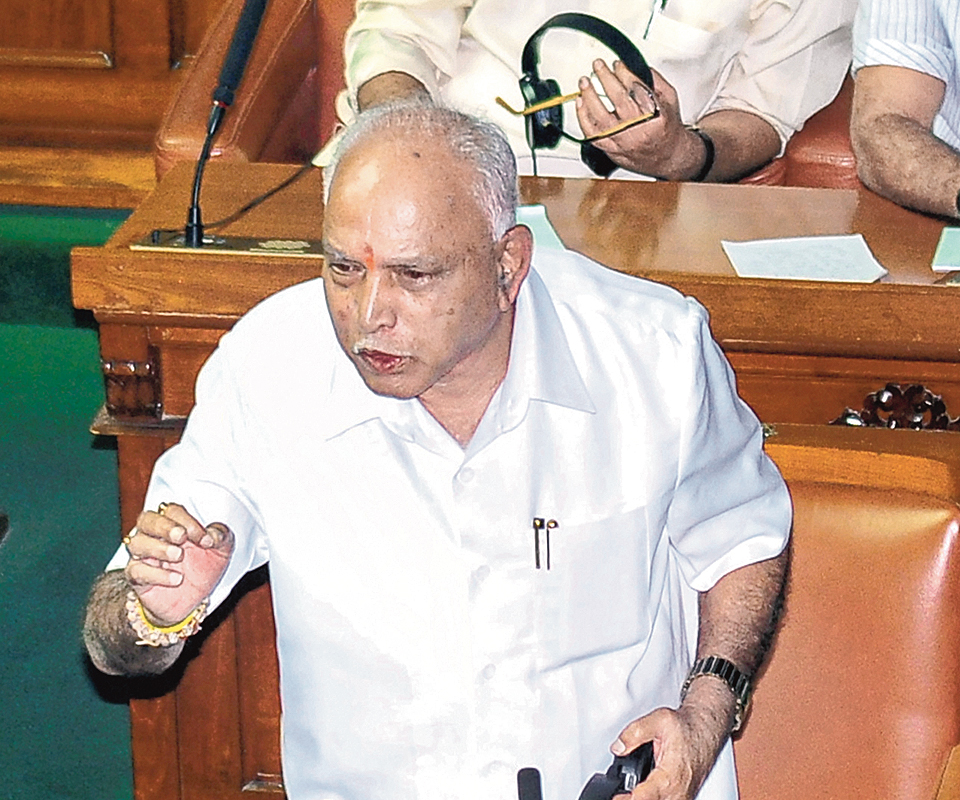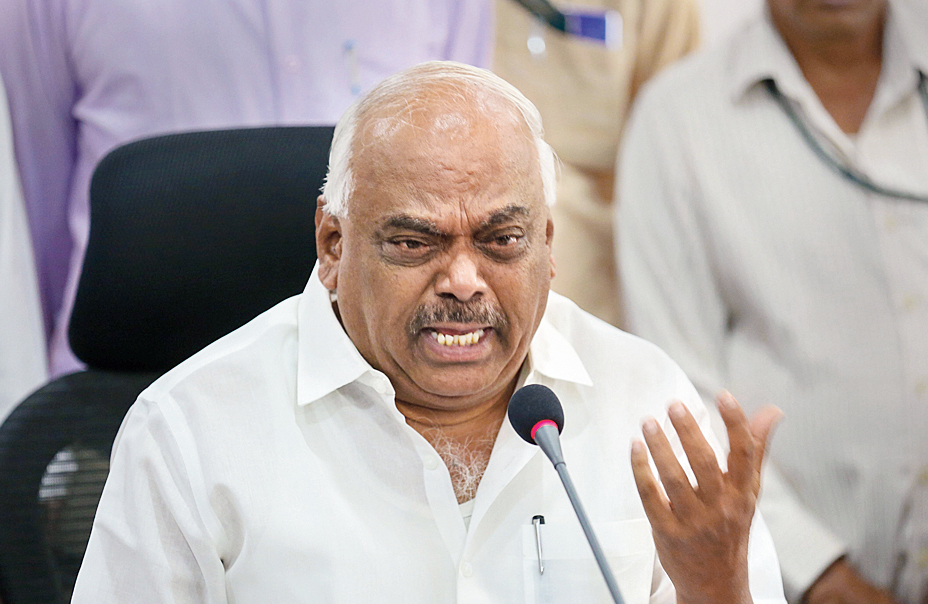An intriguing constitutional question arose during the recent political crisis in Karnataka that led to the fall of the Congress-Janata Dal (Secular) coalition government. The resignation of the membership to the House of over a dozen legislators belonging to both parties led to the debacle. After resigning, some of them approached the Supreme Court seeking a directive to the then Speaker to decide on their resignations. The two political parties, too, petitioned the former Speaker to disqualify these members on the ground of defection. Their allegation was that those who have resigned their membership of the House did so to benefit the rival, the Bharatiya Janata Party.
The current political crisis is confined to Karnataka. But the question has a national significance. The court had framed this question aptly in its interim order of July 17 — “[w]hether resignations submitted by members of the Legislative Assembly at a point of time earlier than petitions for their disqualification under the Tenth Schedule of the Constitution should have priority in the decision-making process or whether both sets of proceedings should be taken up simultaneously or the disqualification proceedings should have precedence over the request(s) for resignation.”
The court, however, did not address the question in its interim order. It allowed the then Speaker “to decide on the request for resignations” within reasonable time and declined to issue any directions that would fetter the discretion of the Speaker. The court also ordered that the members who have submitted their resignations “ought not to be compelled to participate in the proceedings of the ongoing session” until further orders.
The trust vote took place on July 23; the former Speaker had not decided on resignations or disqualifications before the trust vote (he disqualified all 17 members subsequently); the members who had resigned abstained; the ruling coalition lost the trust vote. The questions as to what needs to be done with the resignations or the petition seeking disqualification and which one should have precedence remain as crucial issues. The answers would have serious implications on the efficacy of the Tenth Schedule of the Constitution, which contains provisions regarding disqualification on the ground of defection.
In order to decide which one of these — the resignation or the petition seeking disqualification — should have precedence in the decision-making of the Speaker, one must understand the consequences that can ensue on acceptance of resignation and on disqualification on the ground of defection. In either case, the members would lose their seats in the assembly but cannot be barred from contesting by-elections or subsequent elections from the same or a different constituency. But a legislator disqualified for defection cannot be appointed minister (Article 164) or to any other remunerative political post (Article 361B) during the term of that assembly unless he/she gets re-elected. There is no such clause in case of resignation. The person who resigns may be appointed minister immediately even though he/she does not hold membership of the House for the time being. The person needs to be re-elected within six months from the date of his or her appointment as minister.
According priority to either resignations or the petition seeking disqualification in the decision-making process would render the other infructous. If priority is accorded to the resignations submitted by the members because they had been submitted earlier than the petition seeking their disqualification, the petition seeking their disqualification on the ground of defection becomes infructous and vice versa. It must also be noted that errors can be committed while deciding on questions of law, not because of misunderstanding the law but because of misunderstanding facts. The question that needs to be decided before answering the question pertaining to law is this — was defection the reason behind the resignations? If the answer to the question is in the affirmative, then the members should be disqualified on the ground of defection; if not, their resignation should be accepted.
If the Speaker were to decide on the resignations first just because they were submitted earlier than the petition seeking their disqualification, then this would become a new modus operandi for defection without incurring disqualification.
It may be appropriate to consider both resignations and the petition seeking disqualification simultaneously and enquire into the circumstances under which the resignations were submitted. If the Speaker finds that a covert act of defection precedes the submission of resignations, then MLAs should be disqualified lest the purpose of the Tenth Schedule is defeated.












